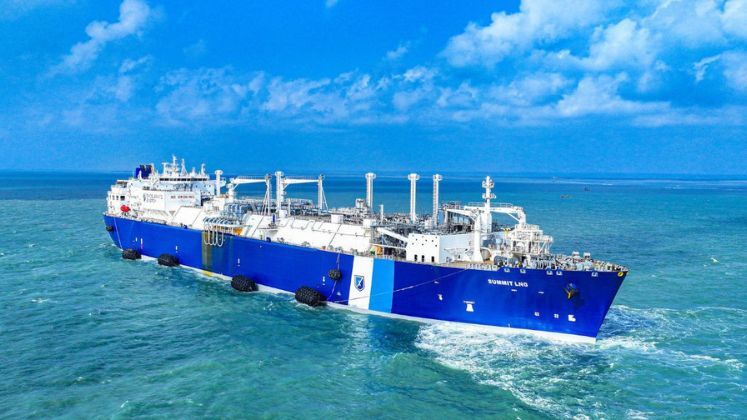
Bangladesh’s energy sector is set for a notable transformation as local companies will now have the opportunity to partner with international spot market suppliers through joint ventures. This initiative aims to ensure a consistent supply of liquefied natural gas (LNG) to Petrobangla, thereby enhancing energy security and market participation.
Md Rafiqul Islam, managing director of the Rupantarita Prakritik Gas Company Limited (RPGCL)—a subsidiary of the state-run Bangladesh Oil, Gas and Mineral Corporation (Petrobangla)—announced the new approach during a discussion with local media.
In the previous round of tenders, 43 international LNG suppliers showed interest by submitting their Expressions of Interest (EoI), ultimately resulting in 22 being shortlisted. However, industry insiders revealed that only 3 to 4 of those shortlisted were awarded contracts, allegedly due to prior business ties with the ousted Awami League regime.
As part of their efforts to assemble a fresh list of suppliers, RPGCL has issued an open tender, with EoI submissions due by December 1, 2024.
Bangladesh has been importing LNG from the international spot market since 2019 to satisfy its escalating gas demands. Previously, a select group of companies—Vitol Asia of Singapore, TotalEnergies of Switzerland, Excelerate Energy of the USA, and Gunvor Singapore—dominated the LNG supply contracts. Allegations have surfaced suggesting that some of these companies had business connections with former political figures from the Awami League government.
Following the political transition, the interim government opted to suspend the Speedy Increase of Power and Energy Supply Act 2010, moving instead to source LNG imports under the Public Procurement Rule 2008 to enhance transparency in the procurement process. This has led to a comprehensive reevaluation of the previously established supplier list.
Petrobangla Chairman Zanendra Nath Sarker confirmed the decision to establish a new supplier list while disbanding the previous roster of 23 companies, aiming for a more transparent approach to LNG procurement.
According to energy sector experts, this new strategy will not only attract more reputable international suppliers but also potentially secure LNG at more competitive prices, ultimately aiding in reducing government energy costs.
Bangladesh currently grapples with a gas shortage, producing 3,100 million cubic feet per day (MMCFD) against a demand of approximately 4,000 MMCFD. Of the total production, around 1,100 MMCFD is imported, with 150-200 MMCFD sourced from the spot market and the remaining from long-term contracts with Qatar and Oman. Petrobangla plans to import a total of 115 LNG cargoes through both short-term and long-term agreements to address the local gas demand.






